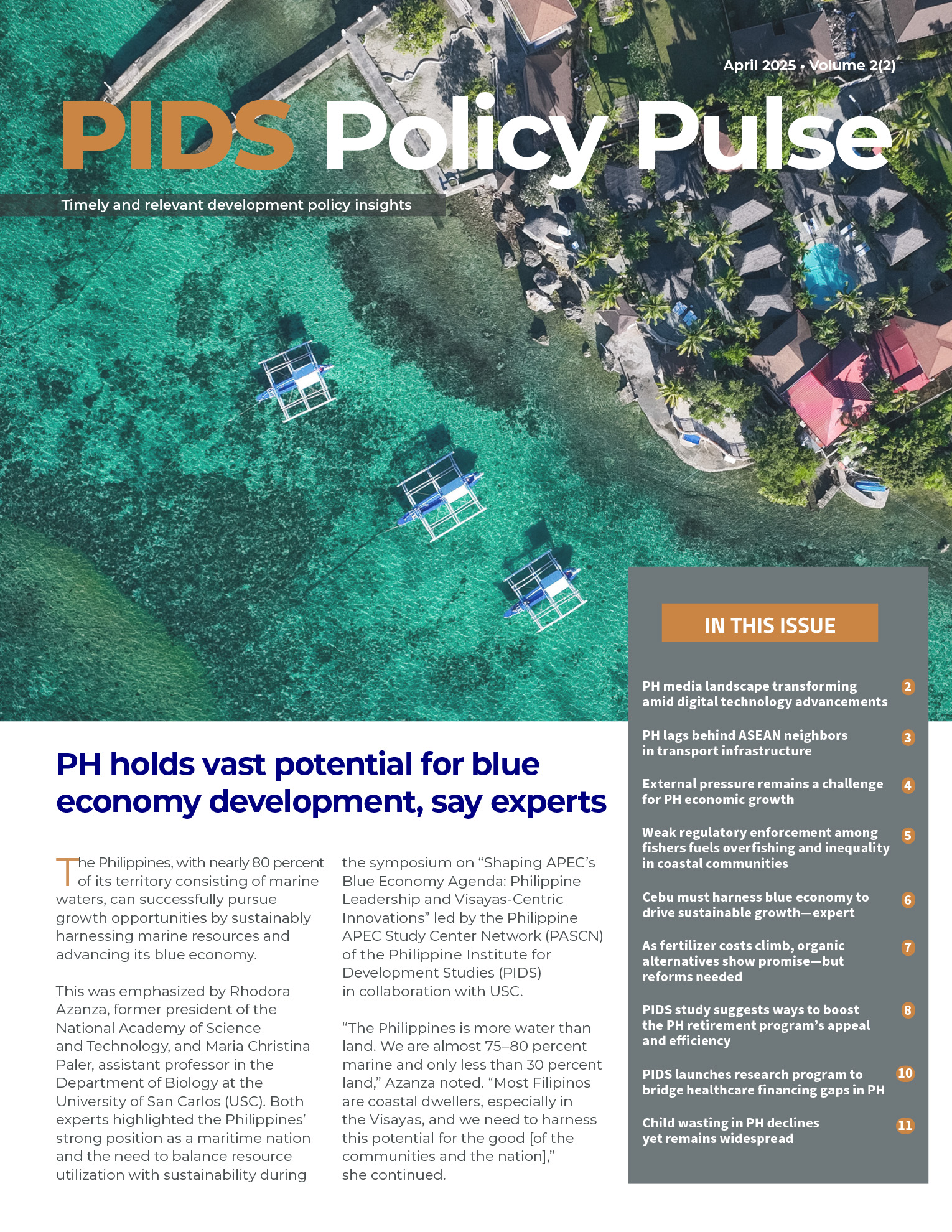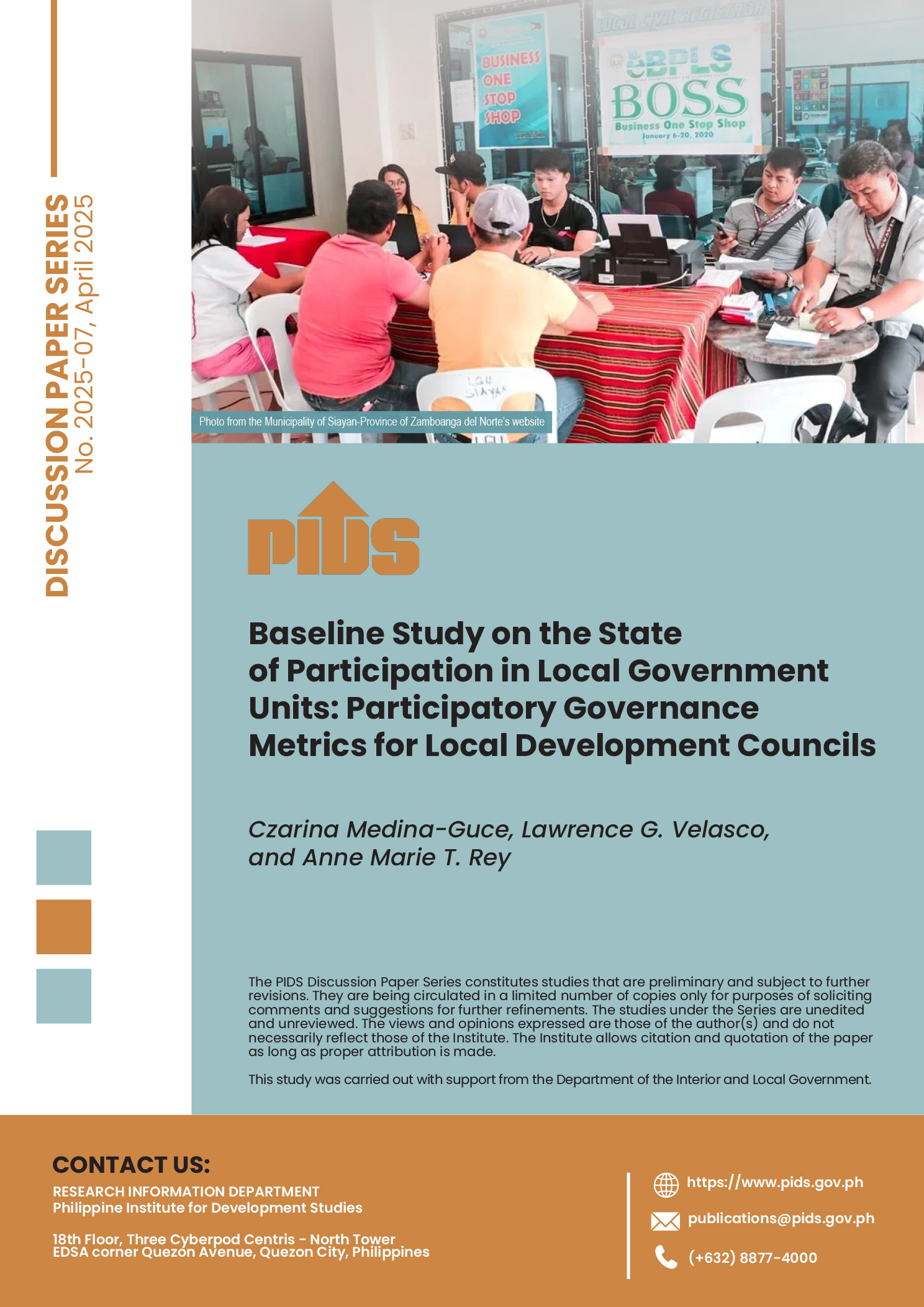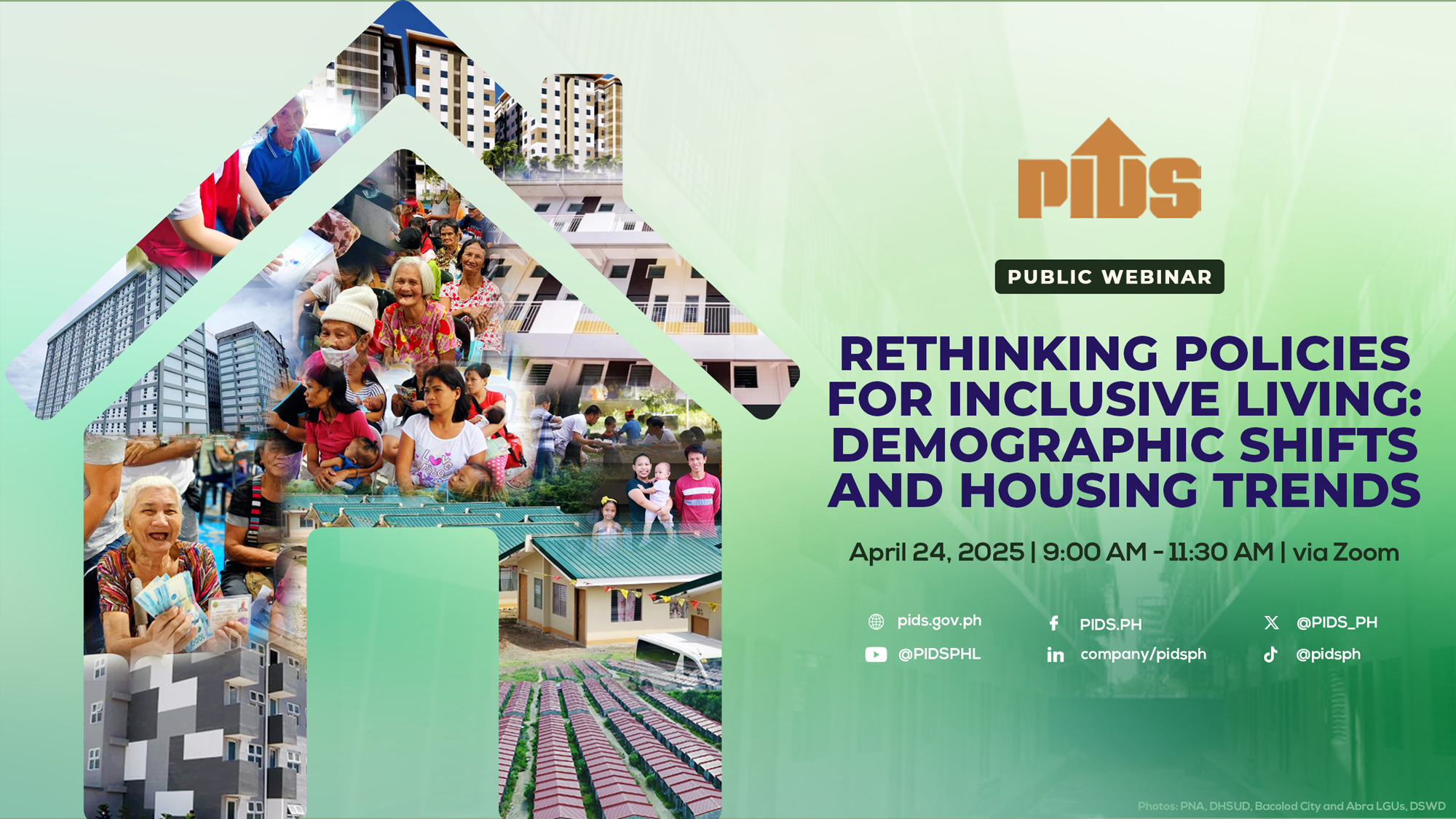Earlier this month, the state-run think tank Philippine Institute for Development Studies (PIDS) published a study on measuring the platform economy. The study acknowledges the rise of digital platforms, along with its radical transformation of business activities that lead to interaction between consumers and suppliers of goods and services. On the other hand, it also needs to have new regulatory frameworks.
The study is authored by Jose Ramon G. Albert, a statistician and senior research fellow at PIDS. He defines an online platform as a service available on the Internet that “provides a mechanism for customers and customers of goods and services to interact and transact.” So, to name a few, these platforms include Facebook, Twitter, Lazada, Grab, Angkas, and Zoom.
Albert posits that a better sense and measurement of the platform economy are important to understand its socioeconomic implications and effects on consumer welfare. He also urges for policies to be in place to protect consumer rights, so that this can lead to trust toward platforms and digital payments.
The shift towards online platforms has also been beneficial to consumers amid the Covid-19 pandemic. According to Albert, the platforms have allowed people to cope with the disruptions of the old normal.
The study is authored by Jose Ramon G. Albert, a statistician and senior research fellow at PIDS. He defines an online platform as a service available on the Internet that “provides a mechanism for customers and customers of goods and services to interact and transact.” So, to name a few, these platforms include Facebook, Twitter, Lazada, Grab, Angkas, and Zoom.
Albert posits that a better sense and measurement of the platform economy are important to understand its socioeconomic implications and effects on consumer welfare. He also urges for policies to be in place to protect consumer rights, so that this can lead to trust toward platforms and digital payments.
The shift towards online platforms has also been beneficial to consumers amid the Covid-19 pandemic. According to Albert, the platforms have allowed people to cope with the disruptions of the old normal.












